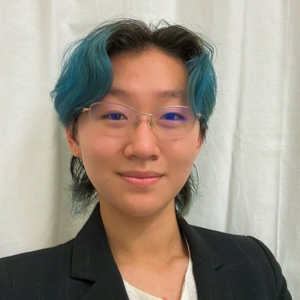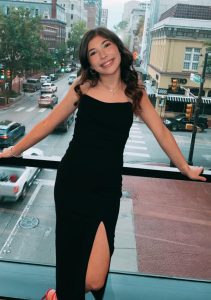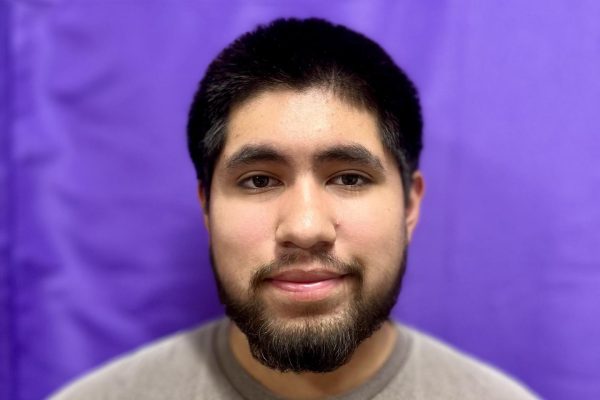Is protesting in Texas under threat? On Monday, April 15th, the Supreme Court stated that it would not be hearing the case McKesson V. Doe. This decision left in place the United States Court of Appeals for the Fifth Circuit’s decision that made protest organizers subject to legal consequences if a protester independently commits a crime or violent action.
While the Supreme Court did not accept the decision, it did not rescind it either, leaving the standing in limbo with still a chance to overturn it. This effectively makes the Fifth Circuit’s decision law in the states of Texas, Louisiana and MIssissippi, at least for the time being.
McKesson V. Doe comes from an unnamed police officer who was hit by a rock during a 2016 Black Lives Matter protest in Baton Rouge, Louisiana after the death of Alton Sterling at the hands of the Baton Rouge Police Department. Officer Doe, as he is being referred to, claims that DeRay McKesson, the civil rights activist who organized the protest, should be held accountable for the actions of an individual. Officer Doe acknowledges that McKesson did not actively encourage the throwing of the rock or that he even knew the incident had occurred, but that as the organizer of the protest he “should have known” that something like that could have happened. Doe pursued legal action on the grounds of negligence.
Voices such as the American Civil Liberties Union, a non-profit human rights organization who were responsible for asking the Supreme Court to take up the case, speak out against the standing and argue that it is an infringement on our First Amendment right.
Now, more than ever, is this case of the utmost importance and relevance. As college campuses around the country are erupting in a pro-Palestinian and anti-war sentiment, our First Amendment right is once again taking center stage.
In Texas specifically, students at UT Austin, UTD and UNT all moved to organize, create demonstrations and voice their wishes for their universities to divest from Israel and Israel affiliated organizations that play active roles in weapon production and funding of military activities, as they do not wish their tuition dollars to fund a war. “Disclose, divest, we will not stop, we will not rest.” Can be heard echoed throughout campuses nationwide.
People are now divided on whether they support the movement or not, some praise the students and liken their struggle to past movements such as anti-Vietnam war, the anti-Iraq war and the anti-apartheid movement of South Africa. Others agree with the sentiment of the students but not with their methods. Then, there are those who do not agree with the students on any level and are in support of Israel. Counter-protesters have taken it upon themselves to combat the pro-Palestinian protests on their campuses, heated arguments and in the case of UCLA violence have broken out.
Due to the developing situation, police officers have descended upon the campuses in full riot gear. In a display of absolute force they are tearing down signs, barricading students into dorms or barring them from entering, violently arresting students, using tear gas and rubber bullets to disperse crowds. “Police presence was absolutely not helping anything. Sure, we normally have campus security but quite frankly it felt like a gross violation of personal space. I would say it absolutely hinders the learning environment considering that protesters have consistently made way for people trying to get to class. It was always police barricades keeping students from getting to class, and the fact that people were getting pepper sprayed and denied food, water, medical attention etc. by those very police made attending class and eventually, studying for finals, almost impossible.” Says Laura Li, a UT student who was prevented from getting to class by police officers and opted to join the protests.

According to the UT Austin Student Newspaper, the Daily Texan, the resident reporting agency on campus, around 57 protesters were arrested on Wednesday, April 24, and about 79 on Monday April 29. With a reported number of 2,700 total arrests on campuses nationwide, law firms and lawyers have come together in support of the students, some even offering their services for free. At UT students were arrested on the grounds of breaking penal codes 42.01 Disorderly Conduct, 42.02 Riot and 42.03 Obstructing a Highway or other Passageway. It is still unclear whether or not the Fifth Circuit’s decision will result in any kind of legal consequences for protest organizers but the possibility is most certainly there.
In contrast, UT student and Paschal Alumna, Lia Bloom says police presence made a difference for her. “I have to say that as a Jewish student at UT, the police presence on campus made me feel 100% safer. I was very proud of how the UT administration stood strong to their word and protected their students from harm.”
Bloom continues, “The amount of chaos that ensued with the protests definitely hindered the learning environment for a few days, but I felt much safer having police there protecting us from any violence. The rhetoric at the protests were straight up antisemitic, so to feel protected by my school was very important to me, and I am proud to be a longhorn.”
“ UT has a very diverse student population with all different backgrounds and experiences, but when a protest that is based in hate is brought to university, it is essential that the university stands against the hateful rhetoric and violence that is being brought onto campus. I feel that they stood for their students and did not allow this hate on campus, which other colleges need to learn from,” Bloom said.

When asked about how a decision like the Fifth Circuit’s would affect the right to protest Li responded “The fact is that even now we have a bunch of laws, city ordinances, penal codes, school policies etc. being weaponized against protesters anyways. One of the biggest reasons we ended up with mass arrests was because of penal code 42.03 (Obstructing a Highway or other Passageway), in reality this only happened because the state troopers on horses pushed students first onto sidewalks and then onto the busiest street by campus while traffic was ongoing.”
As the end of the semester approaches for many universities, now at the forefront of everybody’s mind is how graduation will be affected. “I think you can expect walkouts from graduation in protest, or people displaying keffiyehs or Palestinian flags, but I don’t think it will be overly disruptive, chanting maybe. I’m not a part of PSC (Palestinian Solidarity Committee, the group who has been advocating for Palestinian freedom) but I do think they would take advantage of a greater audience to emphasize the point that their protests are peaceful.” Continues LI.
Despite the threats and attempts to suppress the First Amendment, young people nationwide continue to be at the forefront of social movements, staying true to their beliefs and accepting the consequences.




